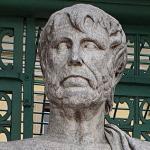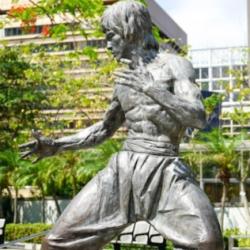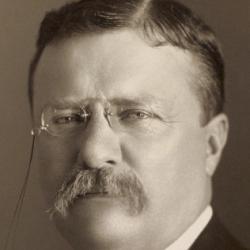In Man’s Search for Meaning, Victor Frankl urges us that life’s meaning is not an abstract question, but an immensely person one that bears the utmost responsibility:
“Ultimately, man should not ask what the meaning of his life is, but rather must recognize that it is he who is asked. In a word, each man is questioned by life; and he can only answer to life by answering for his own life; to life he can only respond by being responsible.”
To this theme of radical responsibility of life’s meaning, I’m reminded by the prose of Walt Whitman; the world is calling, we have agency, and we still can contribute a verse. Our choosing to contribute a verse is not a binary decision. Indecision is decision. We can move the ball forwards or backwards, but the world will be impacted either way. To this point, I loved the movie line from Kevin Costner (in the character of Jonathan Kent, Clark Kent’s adopted father) from Man of Steel:
“You just have to decide what kind of a man you want to grow up to be, Clark; because whoever that man is, good character or bad, he’s… He’s gonna change the world.”
Frankl and Whitman’s urge us that’s life’s meaning is our ultimate and personal responsibility. To that end, finding ourselves is very much part of finding life’s meaning. To this ultimate challenge, Gandhi poses the seemingly counterintuitive claim that we find ourselves in the service of others:
“The best way to find yourself is to lose yourself in the service of others.”
Serving others: as much as we may think it as a spend on our time/energy/resources, Gandhi tells us that it’s our salvation. His insight here is profound, as it’s not just an ethical truth, but a neurobiological and psychological one as well. When you think about times in life when we’re disillusioned, there is perspective and renewal on offer when we step out of our own heads and help others. “Helper’s high” is a very real and empirically-validated phenomena in our living longer and happier lives. We seem hardwired to be rewarded by prosocial behavior; perhaps its unsurprising given altruism helps propagate our survival. Still, it’s very interesting to see the signal of neurological benefits of giving and the signal we see with “care-giving regions” (and their associated calming, feel good, nurturing hormones) potentially activating the parasympathetic response to counteract the “threat regions”. Though we’re still just beginning to explore the neurobiological mechanisms, our brains and lives just go better on helping.
In serving others, they obviously benefit, but in the process so do we. With “helpers high”, the “lose yourself” phenomenon is very real. And like physical fitness or meditation, staying with it is key as in continuing the practice of helping others – we continue to see the reward as we’re participating in meaning by serving a cause greater than ourselves. In finding ourselves and meaning in the service of others, we’re literally changing the world.
If we just loose ourselves (by serving others), we’ll find ourselves and change the world.
Image credit:













